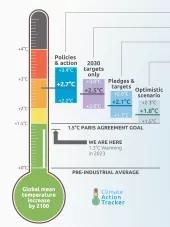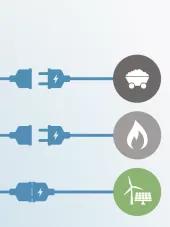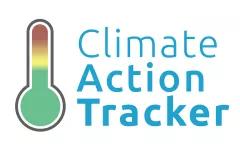We published an adjusted version of the briefing on 11 Dec 2023 to reflect the most recent status of the final oil and gas decarbonisation accelerator. An earlier version excluded methane from the target of the oil and gas decarbonisation accelerator due to conflicting information at the time of analysis.
Initiatives lack ambition, clarity, coverage and accountability
Few of the sectoral initiatives announced during COP28 will meaningfully contribute to closing the emissions gap. Many of them lack either the ambition, clarity, coverage or accountability needed to really make a difference.
We estimate that of the total emissions savings that could be achieved by the pledges, around a quarter is already included in government NDCs, around a quarter is additional and achievable, and around half is unlikely to be achieved without further action to improve the initiatives.
Negotiations cannot rely on the initiatives’ effect alone, but must set a clear direction in the conference texts on the direction that different sectors need to take. This must include committing to a fossil fuel phase-out alongside tripling renewables and doubling energy efficiency, plus supporting this with the finance needed to make this possible.
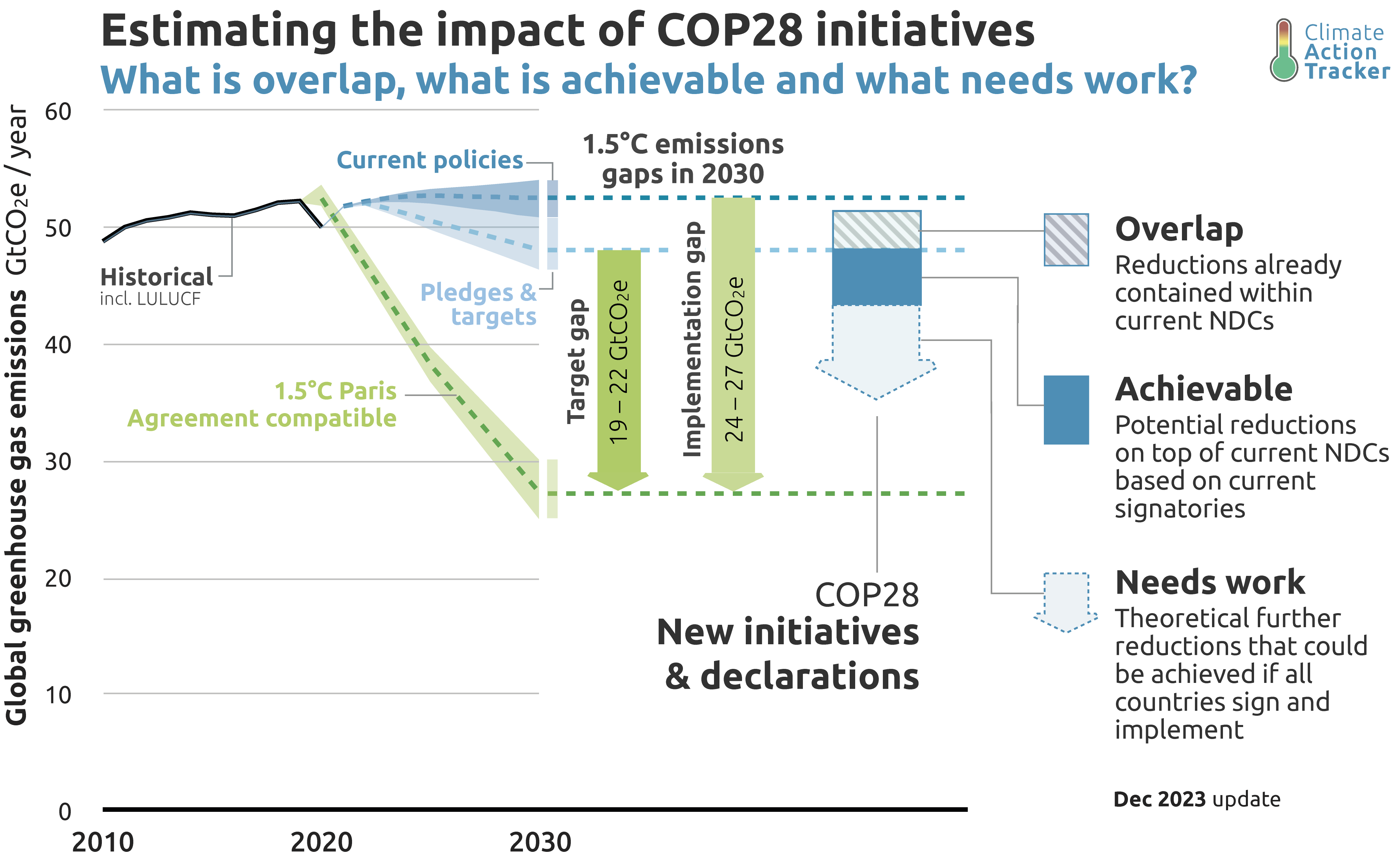
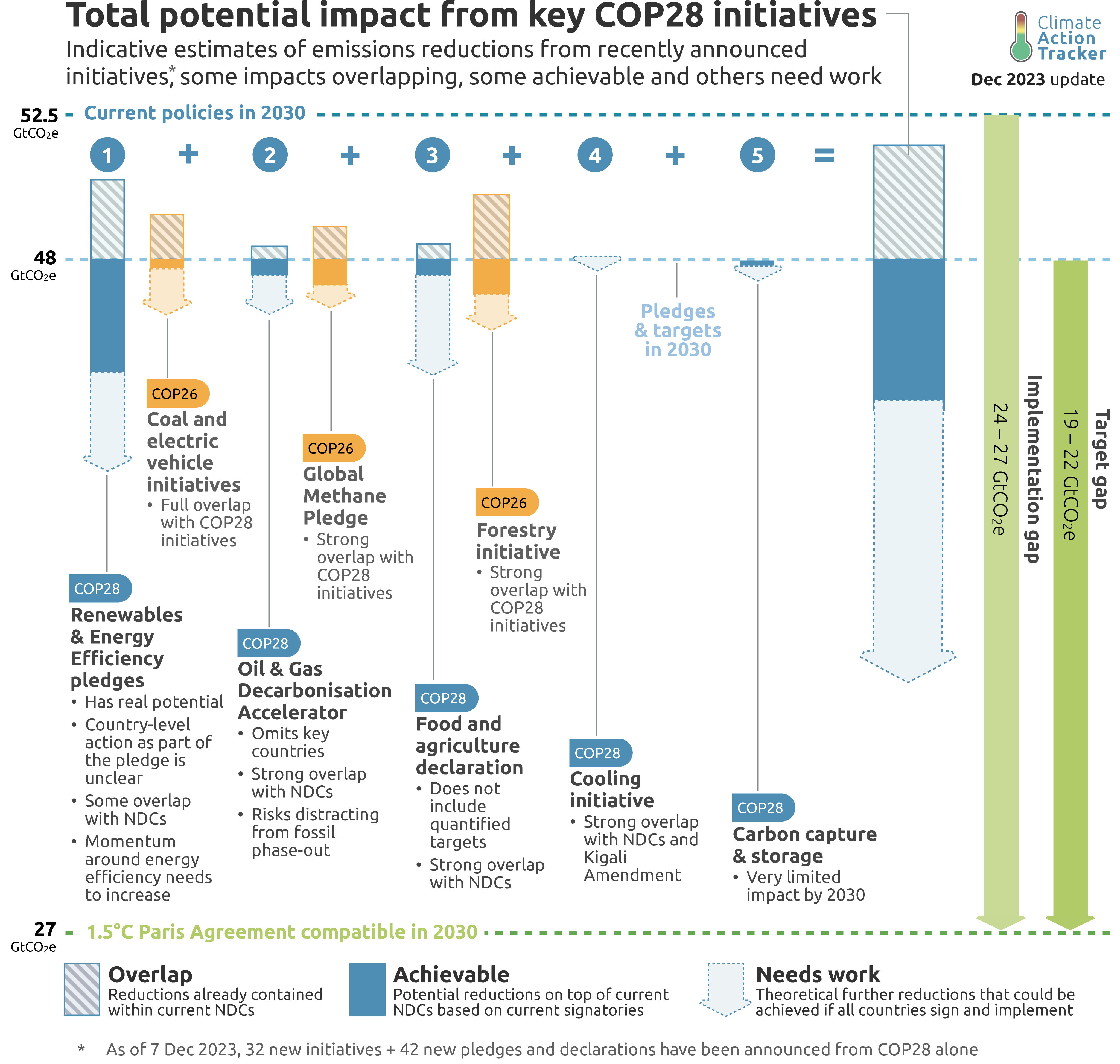
One highlight: The renewables and energy efficiency pledge
A key highlight within the pledges is the Renewable Energy and Energy Efficiency Pledge, which could close about a third of the gap between current policies and 1.5ºC in 2030 if fully implemented.
Caution greenwashing: the Oil and Gas Decarbonisation Accelerator
The “Oil and Gas Decarbonisation Accelerator” is a prime example of a greenwashing initiative by oil and gas companies. It only focuses on upstream emissions from oil and gas production – but the real change has to come from phasing out fossil fuels, where emissions are at least five times greater.




